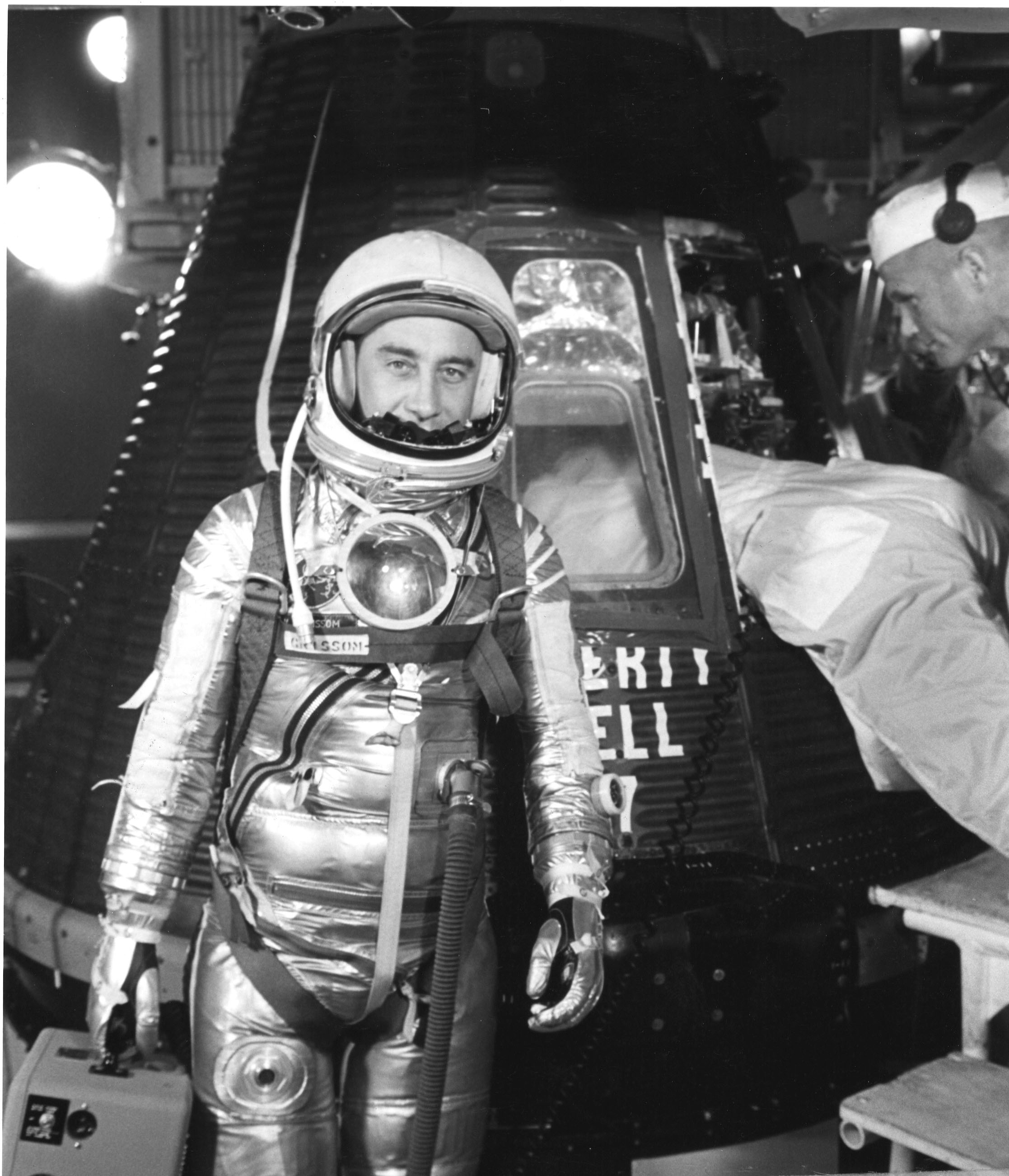In World Policy, sci-fi writer Neal Stephenson vents about the diminishing of the American space program, and what it says about our nation’s capacity for executing large-scale, top-down, risk-heavy endeavors. The opening:
“My lifespan encompasses the era when the United States of America was capable of launching human beings into space. Some of my earliest memories are of sitting on a braided rug before a hulking black-and-white television, watching the early Gemini missions. This summer, at the age of 51—not even old—I watched on a flatscreen as the last Space Shuttle lifted off the pad. I have followed the dwindling of the space program with sadness, even bitterness. Where’s my donut-shaped space station? Where’s my ticket to Mars? Until recently, though, I have kept my feelings to myself. Space exploration has always had its detractors. To complain about its demise is to expose oneself to attack from those who have no sympathy that an affluent, middle-aged white American has not lived to see his boyhood fantasies fulfilled.
Still, I worry that our inability to match the achievements of the 1960s space program might be symptomatic of a general failure of our society to get big things done. My parents and grandparents witnessed the creation of the airplane, the automobile, nuclear energy, and the computer to name only a few. Scientists and engineers who came of age during the first half of the 20th century could look forward to building things that would solve age-old problems, transform the landscape, build the economy, and provide jobs for the burgeoning middle class that was the basis for our stable democracy.” (Thanks Browser.)
••••••••••
“You became a learning machine”:
Tags: Neal Stephenson

